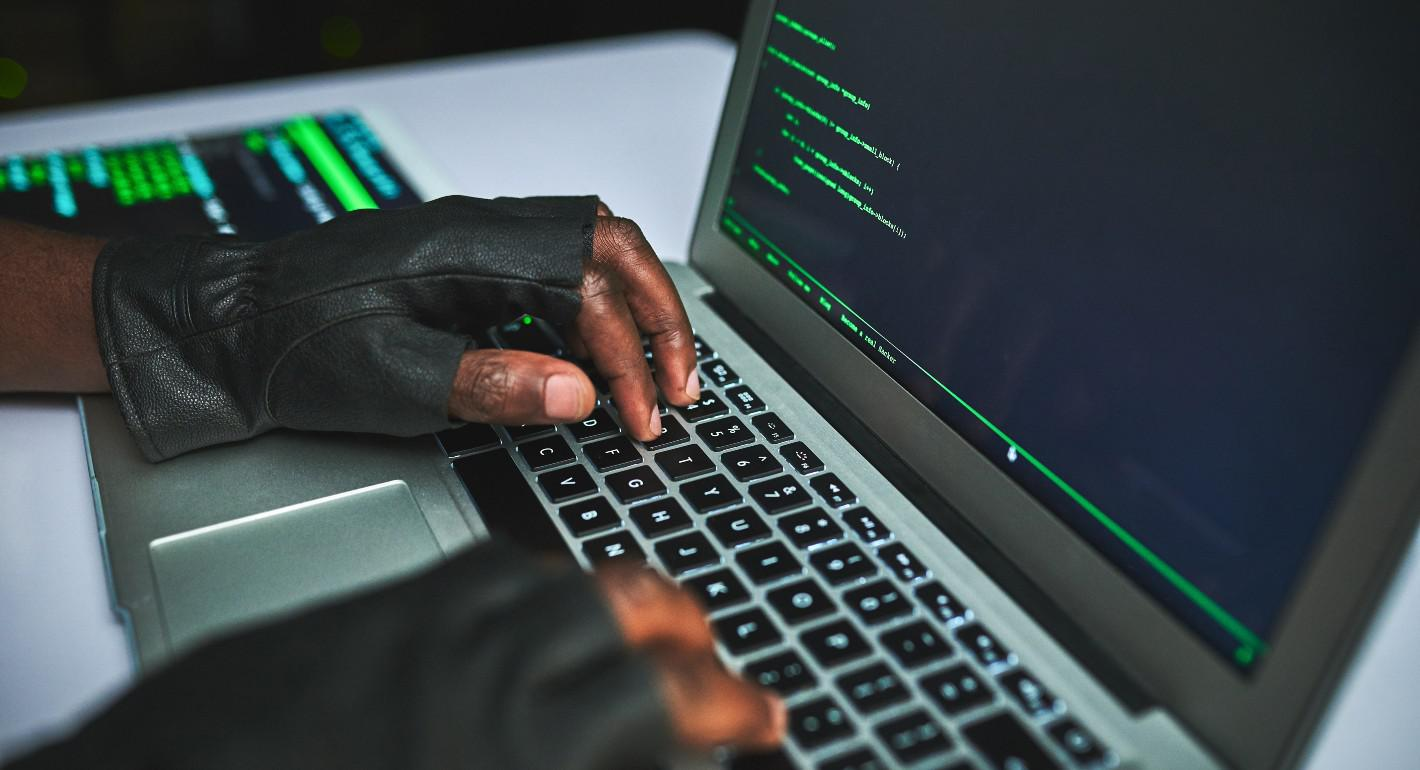June 27 is Micro, Small and Medium-sized Enterprise Day, designated by the United Nations General Assembly to raise public awareness of the contribution of small businesses to sustainable development and the global economy. In support of this global initiative, Kaspersky’s CBO Alexander Moiseev discusses how small businesses prioritised cybersecurity during the healthcare turbulence that started in 2020.
Commentary by Alexander Moiseev, Chief Business Officer at Kaspersky
Since the start of the pandemic, small businesses have had to adapt to lockdown, changing demand and the general uncertainty about the future. With the overall decline in the world economy, we would have expected to see small organisations cut their cybersecurity costs until the end of the year to focus on the most important expenditure for survival. But in fact, small businesses have shown they were not going to completely abandon protection from cyberthreats.
According to sales trends from Kaspersky’s small business security product, there were two significant drops in purchases that correlate with the most strict lockdown in March – May 2020 and the sharp increase in cases in October 2020. But that sales fall did not end in stagnation: it bounced back in the next two months to its former level.
READ>>>>>Email Spoofing Attacks Doubled in 2 Months – Kaspersky
This trend allows us to assume that small companies were cautious, ensured their expenses were secure but brought security protection back as soon as they felt more stable.
At the end of the year, the demand for cybersecurity across small businesses was even higher than in the pre-pandemic months at the beginning of 2020.
Remote work and increased use of digital tools for business didn’t end in 2020, so the task of protecting sensitive data and digital assets remained essential for 2021.
Whatever their business, these organisations may collect and store personal data or have intellectual property that demands security measures, or they may just need to keep their finances secure. It is also important to take care of employees’ IT and technology needs and cybersecurity awareness.
Although a survey revealed that people working in small businesses tend to be more self-sufficient and need less employer support with equipment and IT tools than those in larger firms, they all should know about cybersecurity hygiene and data protection practices.
Kaspersky is a global cybersecurity and digital privacy company founded in 1997. Kaspersky’s deep threat intelligence and security expertise is constantly transforming into innovative security solutions and services to protect businesses, critical infrastructure, governments and consumers around the globe.

![Since the start of the pandemic, small businesses have had to adapt to lockdown, changing demand and the general uncertainty about the future. [Photo/ Caitlin-Morgan]](https://businesstoday.co.ke/wp-content/uploads/2021/06/Cybersecurity.jpg)
![Giant telco Safaricom had the lion's share of active mobile money accounts with 62.5 percent of them or 26.22 million being active over 30 days. [Photo/ Nairobi News]](https://businesstoday.co.ke/wp-content/uploads/2021/06/M-Pesa-Phone-150x150.jpg)










Leave a comment